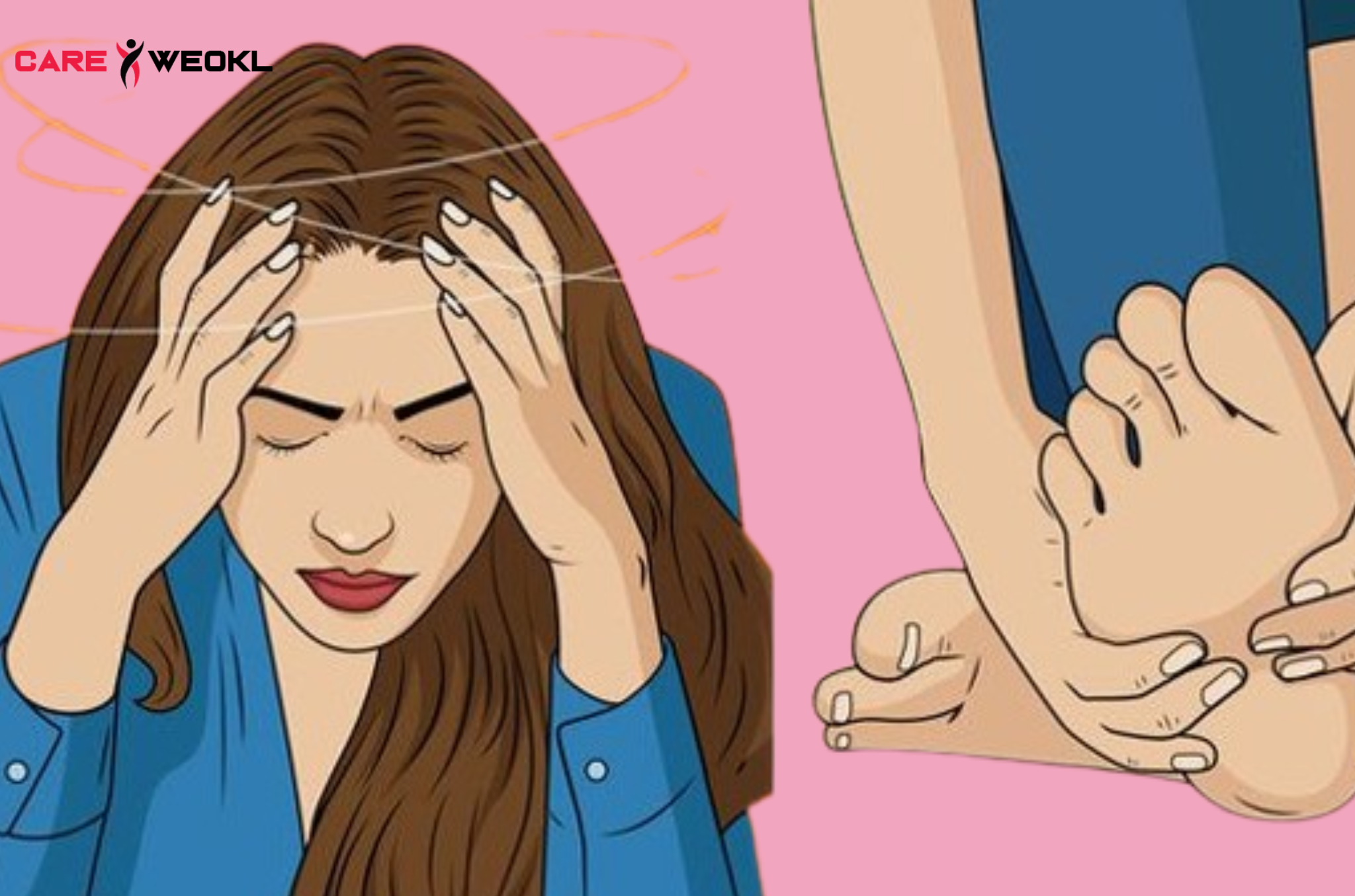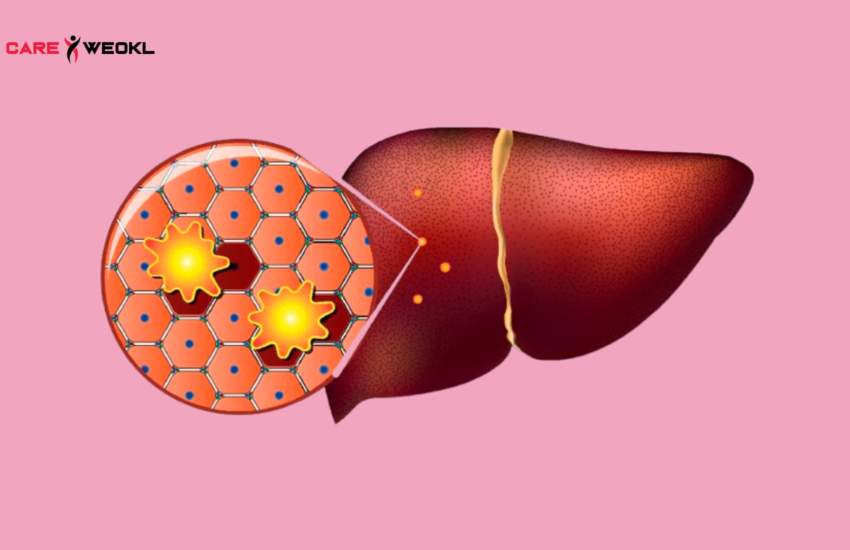10 ways your body might be telling you something’s wrong
Our bodies are constantly sending signals that something might be wrong, but we often ignore these signs until they become more serious. Understanding the subtle signs your body is sending you can help you take preventative measures and address potential health issues before they become worse. Here are 10 ways your body might be telling you something is wrong, so you can listen and act accordingly.
- Unexplained fatigue
What it means: Feeling tired all the time, even after a good night’s sleep, can indicate an underlying condition such as anemia, thyroid problems, or chronic fatigue syndrome. Mental health issues such as depression or stress can also contribute to persistent fatigue.
Why you should pay attention: If you notice unusual or persistent fatigue that doesn’t improve with rest, it’s important to consult a healthcare provider to rule out any serious conditions. - Sudden weight loss or gain
What it means: Rapid changes in weight without any major changes to your diet or lifestyle can be a warning sign. Unexplained weight loss could indicate thyroid problems, diabetes or even cancer, while sudden weight gain could indicate a hormonal imbalance or fluid retention due to heart or kidney problems.
Why to watch out: Any sudden, unexplained changes in weight should be discussed with a doctor, as they could be an indication of a serious health problem.
- Chronic headaches
What it means: While headaches are common, persistent or severe headaches could indicate more serious problems, such as migraines, high blood pressure or even neurological problems.
Why to watch out: If your headaches last for several days, are accompanied by dizziness or nausea, or are more severe than usual, it’s time to seek medical advice.
- Changes in skin appearance
What it means: Skin changes such as new moles, rashes or discoloration can be signs of various health problems. The appearance of a new mole or a change in the appearance of an existing mole could indicate skin cancer, while persistent rashes or changes in skin texture could be linked to autoimmune diseases or infections.
Why you should watch: If you notice changes in your skin, especially moles with irregular borders, different colors, or bleeding, see a dermatologist for a thorough evaluation. - Shortness of breath
What it means: Difficulty breathing or shortness of breath, especially at rest or with minimal exertion, may indicate heart disease, respiratory infections, or lung problems such as asthma or pneumonia.
Why you should watch: If shortness of breath is sudden, accompanied by chest pain or dizziness, or if it worsens over time, it is important to seek medical attention immediately. - Digestive problems (bloating, constipation, diarrhea)
What it means: Persistent digestive problems such as frequent bloating, constipation, diarrhea, or changes in bowel movements can indicate digestive conditions such as irritable bowel syndrome (IBS), infection, or more serious conditions such as colorectal cancer.
Why you should watch: If digestive problems last more than a few weeks, are associated with pain, or involve blood in the stool, you should see a doctor for a proper diagnosis. - Persistent joint or muscle pain
What it means: Persistent or unexplained joint or muscle pain may indicate an underlying condition such as arthritis, fibromyalgia, or an autoimmune disorder such as lupus.
Why you should watch out: If your joint or muscle pain is chronic, severe, or accompanied by swelling, stiffness, or fatigue, it may indicate a serious condition that requires medical attention. - Changes in sleep patterns
What it means: Difficulty falling asleep or staying asleep, or waking up too early, may indicate stress, anxiety, depression, or other health problems. Sleep disorders such as insomnia or sleep apnea can also disrupt your rest.
Why you should watch out: If sleep disturbances become a regular occurrence, it’s important to address the underlying causes to avoid long-term health consequences such as impaired cognitive function, mood swings, and cardiovascular problems. - Numbness or tingling
What it means: Numbness or tingling in your hands, feet, or other parts of your body can be a sign of nerve problems such as neuropathy, which can result from diabetes, vitamin deficiencies, or even conditions such as multiple sclerosis.
Why you should watch: If these sensations persist or are accompanied by weakness, vision changes, or difficulty moving, it’s important to see a health care provider to evaluate your nerve function and rule out serious neurological conditions. - Increased thirst or frequent urination
What it means: Increased thirst or frequent urination can be early signs of diabetes or kidney disease. Both conditions can cause your body to lose fluids more quickly, leading to dehydration and the need to urinate more frequently.
Why you should watch: If you notice significant changes in your thirst or urination, especially if you have kidney problems, you may need to urinate more frequently.



